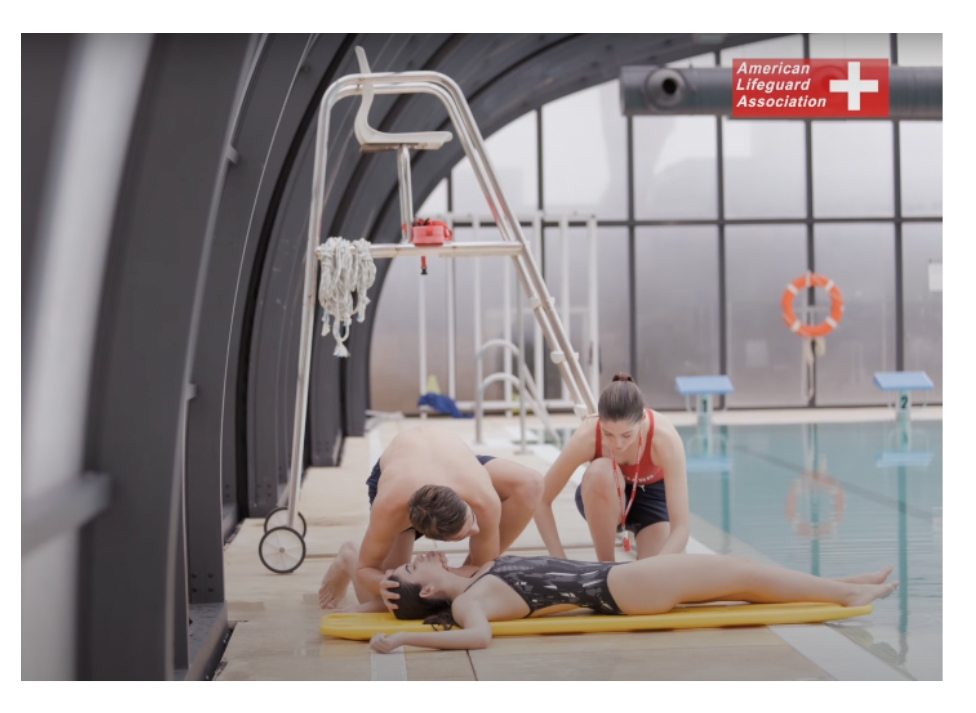Lifeguard training is vital. It prepares you to save lives. The training is thorough. It covers many essential skills. These skills help you in emergencies. You can learn these skills through various programs. Some programs offer lifeguard training online. Others are hands-on. Both types are effective.
Basic Life Support (BLS) Skills
One of the first things you learn is Basic Life Support (BLS). BLS includes CPR. It also covers rescue breathing. You learn to handle cardiac emergencies. These skills are crucial. They can make a difference between life and death. BLS training is often the foundation. It sets the stage for more advanced skills.
Water Rescue Techniques
Water rescue techniques are essential. They are a core part of lifeguard training. You learn how to approach a drowning person. You also learn how to safely bring them to shore. There are different techniques for different situations. For example, rescuing a conscious person is different from rescuing an unconscious one. You must be prepared for both.
Spinal Injury Management
Spinal injuries are serious. They require special attention. During lifeguard training, you learn how to manage these injuries. You learn how to stabilize the spine. This is important when moving a person. Improper handling can worsen the injury. Special equipment is often used. You learn how to use it correctly.
First Aid Skills
First aid is a critical component. You learn how to treat minor injuries. This includes cuts and bruises. You also learn how to handle more serious injuries. Burns, fractures, and allergic reactions are covered. Knowing first aid helps you provide immediate care. It can prevent complications.
Emergency Action Plans
Emergency Action Plans (EAPs) are vital. You need to know what to do in an emergency. Lifeguard training covers how to create and follow EAPs. These plans outline steps to take. They ensure everyone knows their role. This helps manage the situation effectively. EAPs are often specific to each facility.
Physical Fitness
Physical fitness is important. Lifeguarding is demanding. You need to be strong and agile. Lifeguard training includes fitness drills. Swimming is a big part of it. You need to swim quickly and efficiently. Other exercises improve your strength and endurance. Staying fit helps you perform your duties well.
Communication Skills
Communication is key. You need to communicate clearly. This is important in emergencies. You must give clear instructions. Lifeguard training helps improve these skills. You learn how to stay calm and collected. This helps you convey information effectively. Good communication can save lives.
Surveillance Techniques
Surveillance is another crucial skill. You need to constantly watch the water. This helps you spot trouble early. Lifeguard training teaches you how to scan the area. You learn to identify potential hazards. You also learn how to spot a distressed swimmer. Early detection is critical. It allows you to act quickly.
Legal and Ethical Responsibilities
Lifeguarding comes with legal and ethical responsibilities. You need to understand these. Lifeguard training covers relevant laws. It also covers ethical considerations. You learn about duty of care. You also learn about negligence. Understanding these aspects helps you perform your role responsibly.
Specialized Training
Some lifeguards need specialized training. This depends on where they work. For example, ocean lifeguards need different skills than pool lifeguards. Lifeguard training programs offer these specialized courses. You can also find lifeguard training. This makes it easier to access these programs.
Teamwork and Leadership
Teamwork is essential in lifeguarding. You often work with others. Lifeguard training emphasizes this. You learn how to work as part of a team. You also learn leadership skills. This helps you take charge in an emergency. Good teamwork ensures a coordinated response.
Continuing Education
Lifeguarding requires ongoing learning. You need to keep your skills sharp. Lifeguard training courses offer refresher classes. These help you stay updated. You can also find lifeguard training online. This makes it easier to fit training into your schedule. Continuous learning is vital in this field.
Final Word
Lifeguard training is comprehensive. It covers many essential skills. You learn to save lives. The training prepares you for various situations. From BLS to advanced rescue techniques, you gain valuable knowledge. You can also access lifeguard training online.
This offers flexibility. The American Lifeguard Association provides excellent training programs. They ensure you are well-prepared for your role as a lifeguard.







